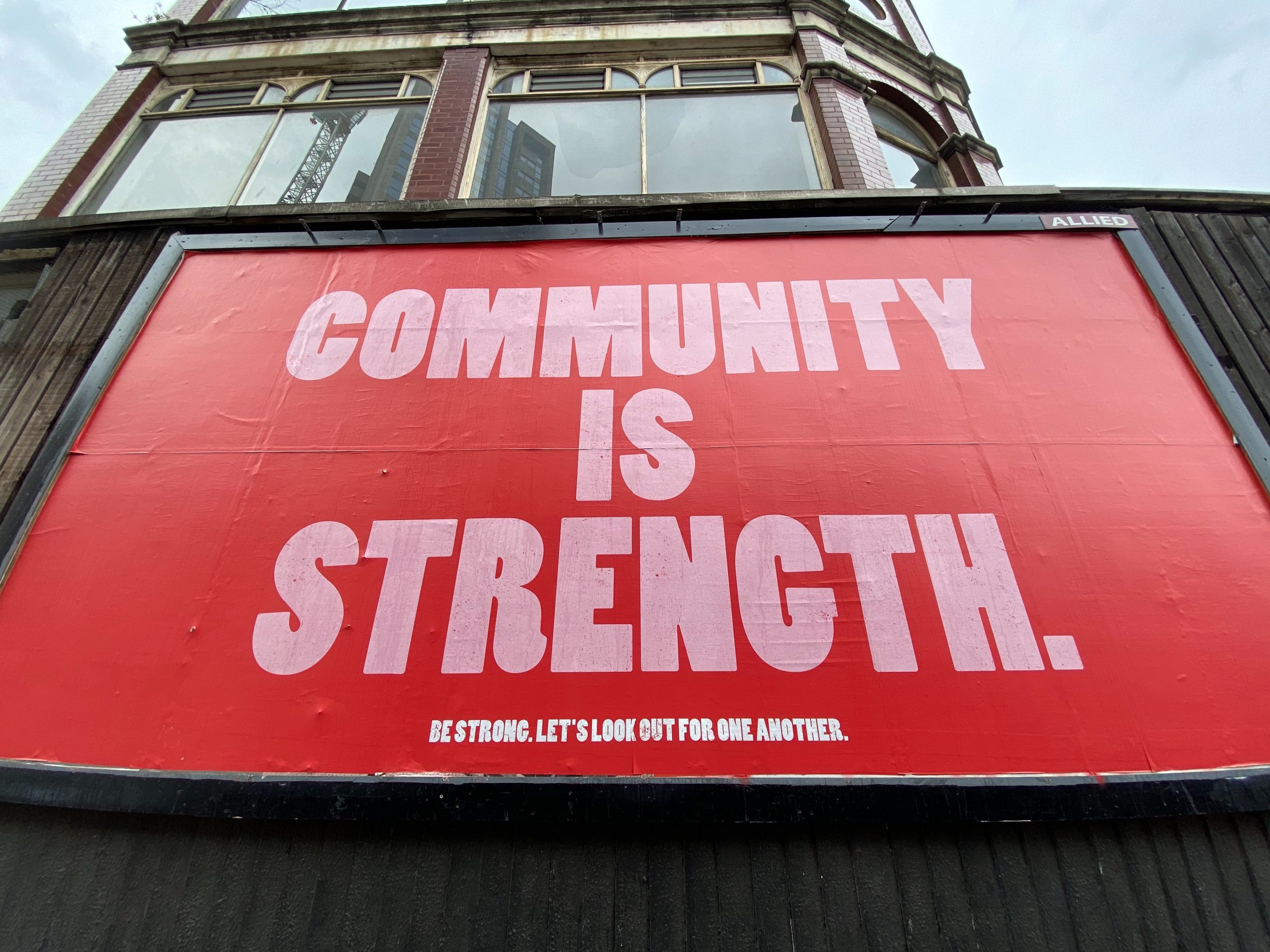Last week I traveled to Oakland to spend a week with my colleagues at Canonical for the Client Sprint. The aim of the sprint was to ensure the many different teams working on Ubuntu Touch at Canonical are in sync and working as efficiently as possible. This largely involves ensuring that the management teams are planning their work effectively, and that everyone is singing from the same hymn sheet.
To provide a little context, at Canonical we are working consistently to deliver a 1.0 Ubuntu Touch platform that is ready for October so it can then be delivered to customers for deployment on handsets in Q1/Q2 2014. This involves a wide variety of design, engineering, and service-delivery projects that currently involves 15 engineering teams, 5 design teams, and 5 services teams, totaling 150+ people. The aim of the sprint was to ensure these 150+ folks are aligned.
Now, *some* cynical people (who I suspect may need more hugs) think that the sprint is merely a Canonical-only UDS where we make a bunch of private decisions by explicitly excluding the community. Sorry, drama fans, this is not true. We spend our time discussing and managing Canonical staff and resources, talking about product review documents, staff assignments, hardware/IS requirements, reporting structures, stakeholder and customer requirements, and wading through endless spreadsheets to track all of this. We don’t do this at UDS as UDS is not a good event for this kind of team alignment work as we are all spread across multiple tracks (and most of our community would have little interest in these team discussions anyway), hence we have always had sprints to do this.
The sprint had a very definitive format. Every team has a defined set of responsibilities and projects and each team lead prepared a summary of their work, achievements, and blockers. As an example, one project my team has been working on is the skunkworks and core apps projects, and wider app development community growth. I gave a presentation that summarized this work and it provided an opportunity to update the wider team and identify areas in which we can work more efficiently (e.g. one outcome was opening up a more regular communication between myself and the head of the SDK team).
The good news is that things are running really well. The teams were well prepared, great progress is being made on the road to October, and any inter-team and inter-project issues that we did find were quickly and efficiently resolved. For such a large project with so many inter-connecting parts I was pleasantly surprised with just how coordinated everyone seems to be, and I want to thank the many engineering, design, and services managers and leads for their (often understated) leadership and planning. It is complex to coordinate so many moving parts when everyone works in the same office, let alone for such a widely distributed company working from home with so many different timezones.
Of course, there were many topics and projects discussed at the sprint, but there was one topic that resonated throughout the week: getting Ubuntu Touch into a form in which our community can start dog-fooding as soon as possible. In other words, right now you can [download the daily Ubuntu Touch images](https://wiki.ubuntu.com/Touch/Install), but you can’t really use it as your main phone; it still comes with a bunch of dummy data, some radio functions don’t work, and there is no way of saving data when you re-flash the device. In the next few months the teams agreed to expedite their work to make the Ubuntu Touch images ready so we can use them as our daily devices, thus opening more opportunities for testing, feedback, functionality edge cases, and more.
I have another sprint coming up this week (the Cloud sprint), but I have asked a number of people who joined the sprint to blog about their progress and updates. Keep your eyes peeled for more.








